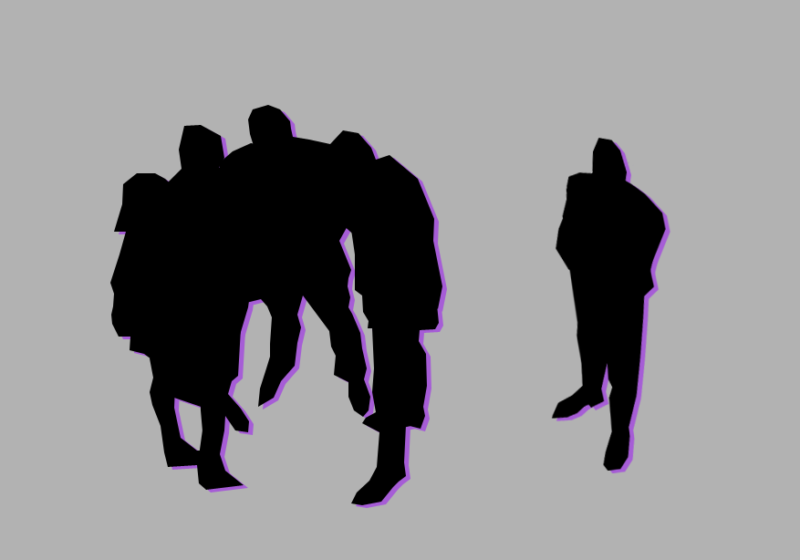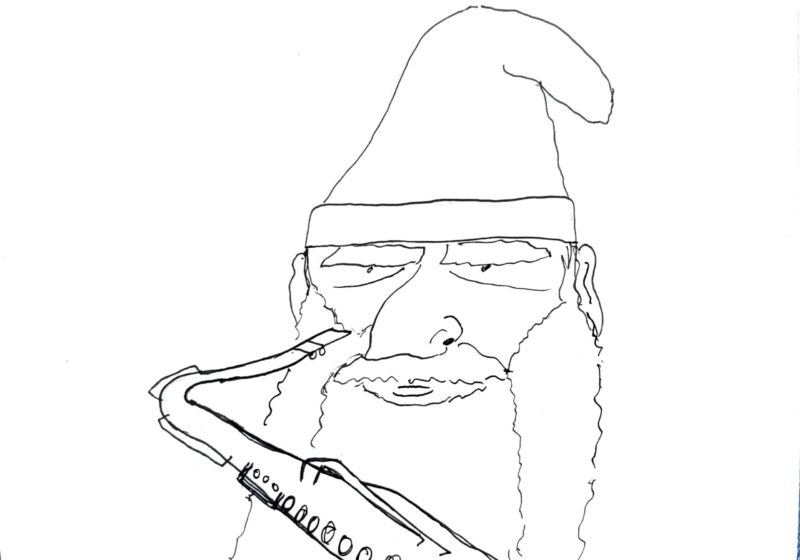While many students view UR as an academic pressure-cooker, the pressure extends to faculty as well.
But when students look to grad school admissions, many professors have their eyes on tenure: the ultimate promise of security and prestige that is a make-or-break moment for their careers.
Tenure guarantees a faculty member permanent UR employment to pursue their scholarship, which can mean research, publications, or artwork. It’s also an official recognition of a faculty member’s value to the University.
According to Elaine Sia, a tenured professor and the biology department chair, the standard rationale for tenure is that faculty “have the freedom to say whatever you think” without endangering their jobs.
Another purpose is to make academia a more competitive career option. “Typically, somebody who is trained in biology could work in business, in a biotech company for example, rather than here. And you would make more money working in the private sector. But the useful exchange is more job security,” Sia said.
Professors without tenure find their jobs are more precarious. “Any day they wanted they could stop my contract,” a non-tenured professor from the social sciences told the Campus Times.
That social sciences professor and other non-tenured faculty will be kept anonymous and non-gendered in this article for the same reason that tenure is so important: Without tenure, there is no guarantee that there won’t be backlash from administration, departments, and colleagues.
According to the social sciences professor, the repercussions “can be as subtle as not having my contract renewed, where [administration] would be like, ‘You know, we’ve just decided to go in a different direction.’”
But even the possibility of security is not open to all faculty.
At UR, faculty can be divided into two tracks: one for professors who do research and teach, and one for professors who focus on teaching. Only the researchers can get tenure.
The social sciences professor, who is on the non-tenured instructional track, views their job as taking care of students in a “holistic” way — knowing, helping, and caring about them.
The wall next to their de sk is covered with letters and thank-you cards from students. “You changed my life, you saved me, you helped me […] that kind of thing,” they said, describing the notes, adding, “This is what matters to me.”
sk is covered with letters and thank-you cards from students. “You changed my life, you saved me, you helped me […] that kind of thing,” they said, describing the notes, adding, “This is what matters to me.”
So, to that professor, not having any tenure positions for teaching faculty suggests that the University doesn’t recognize that teaching matters.
“I always feel like being teaching faculty is like being a mistress,” they said. “[They’re saying,] ‘We’re gonna get you your own apartment, and you’re really important, you do important stuff, but we won’t acknowledge you publicly in a meaningful way.’”
Gloria Culver, the Dean of the School of Arts and Sciences, cited recent changes as a testament to the University’s commitment to teaching faculty.
The School of Arts, Sciences, and Engineering created the official track for teaching faculty two years ago.
“The fact that we put the instructional track in place sends a signal of how important we think teaching is,” she said.
Before, these faculty were called Lecturers or Senior Lecturers. Now, their titles parallel those in the tenure track: from Assistant, to Associate, to Full Professors.
Culver also said that teaching faculty now had clearer guidelines for promotion, multi-year contracts, and permission to serve on committees like Faculty Council, giving them a voice in the broader functioning of the school.
“I think in some ways this gave a nod to teaching as a real part of what the University does,” a humanities professor on the instructional track said.
The social sciences professor was more skeptical: “One of my faculty friends very cynically said to me, ‘Well, it’s so that they can tell parents that we don’t have lecturers here. All classes are taught by professors’.”
When asked whether they would have liked to have the same job security as their tenured colleges, the humanities professor said, “Probably. But I think my department’s been really fair and equitable to me. So, I don’t feel that kind of pressure, that I could be the next one out.”
As long as they are doing everything expected of them, then they are rehired, the humanities professor said. “So, I don’t have the kind of job security, necessarily, as a tenure track,” they said. “But on the other hand, I also don’t have that sort of traditional publish or perish stress.”
The humanities professor also “knew what the game was” when they took the job.
“There were just fewer and fewer tenure-track jobs around. And this was an opportunity to do what I had studied, and so I took it,” they said. “I didn’t feel like I was somehow lacking or missing something by not being on the tenure track.”
Culver said teaching faculty might not have the same security as tenured faculty, but “it’s not any different than those faculty that are pre-tenure” on the tenure track. “I think if they’re doing their job well, and people are pleased with them, and the need for those courses […] exists, then the job security is pretty strong,” she said.
Biology department chair Elaine Sia said that “in practice, [being teaching faculty] is a very stable and secure position.” In the biology department, instructional-track faculty members have remained employed at UR for over 20 years, she said.
“We don’t view those kinds of instructors as expendable either here at the college or in our department, certainly,” she said, but also noted that “it is a concern that we think about.”
Even more than just a lack of recognition and job security, not having tenure also impacts a professor’s ability to teach, said the social sciences professor.
“When I think about topics that are important, they’re not always the comfortable ones,” they said. “Any time you’re talking about something that is controversial, you run the risk of offending the students.” And student complaints hit non-tenured faculty much harder.
Not having tenure also limits a professor’s abilities to be an ally to their students. They can’t as openly participate in protests, said the social sciences professor. “I sign petitions, but I have to sign them ‘anonymous faculty member Arts and Science,’ which sort of defeats the point of signing a petition. But I have to do that in order to protect myself.”
Culver, who’s been Dean since 2015, hopes faculty don’t feel this way.
“I don’t think it would be in our best interest to harness, muzzle, or silence voices because they might not be exactly the ones we want to hear,” she said.
The track divide goes deeper than title and security — it fractures the faculty as well.
According to the social sciences professor, a faculty member who does not do research is looked down upon. “In my department, everyone’s like, ‘It’s so cute that you’re teaching, and that you  do things with students;’ it’s very condescending,” they said.
do things with students;’ it’s very condescending,” they said.
Another faculty member in the humanities, an adjunct instructor, agreed. “You are looked at, I think, in a different way,” they said.
But the humanities professor has a different experience in their department. “I’ve never been treated less than in those situations,” they said, adding that they thought “this is a pretty unique department in that sense.”
Culver also thinks that the division between the tracks is “very departmental specific” and that in some departments it is a “work in progress.” She cited a number of changes that have been made, such as including instructional-track faculty in the new faculty orientation. But the implications of the two-track system extend further than faculty, according to the social sciences professor. “When I hear, ‘Well, you’re just teaching,’ it’s also like ‘the undergrads are not important.’”
The social sciences professor recognizes that cutting-edge research is crucial to a Research One University. But, they said, “I can’t agree that my students, and their lives, and their dreams, and their happiness, and their ability to be successful is any less important than research grants and glory for the University.”
Culver doubts there is an alternative to the current system.
“I don’t think we can be a Research One University and have two tenure-track lines that make sense,” she said. Culver added that tenure’s purpose is to protect freedom in research. “People were afraid that the types of research they were doing would lead them to be discriminated against,” she said. “I don’t think that the instructional-track faculty have many of those same concerns.”
The humanities professor thinks that different universities have different roles within academia, and perhaps the current two track system makes sense for a research university like UR. They also recognize that “we’re living in a world where tenure is more and more tenuous […] and universities are trying to cut them as much as possible because they are expensive.”
“Not that I’m not worried that we could see a day when everyone is adjunct, and teaching is paid by the course, and we’re told what to do. And if we don’t have a hundred students in the classroom, then our classes are canceled,” the humanities professor said.
“Certainly, that [day] could come. But at the same time, we sort of have to do what we can. For me, it’s to teach.”




